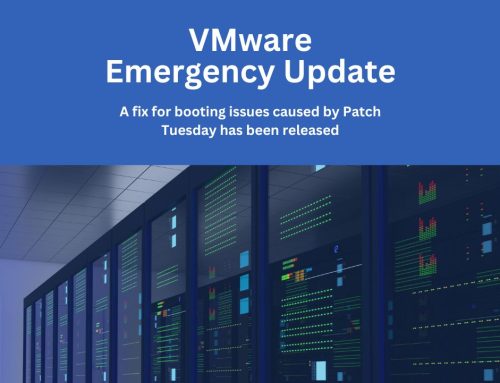Questioning the security of cloud storage? In the ever-evolving landscape of technology, businesses and individuals are increasingly turning towards cloud computing for storing and managing their data. The question, “Is the cloud safe?” is a valid concern. Let’s break down why cloud computing is not just convenient but also secure.
Understanding Cloud Computing
At its core, cloud computing involves storing and accessing data over the internet instead of your computer’s hard drive. It enables users to access data from anywhere, using any internet-connected device. This flexibility is one of the key attractions of the technology.
The Security of Cloud Computing
- Robust Firewalls: Firewalls in cloud computing are more sophisticated than traditional ones. They are designed to monitor incoming and outgoing traffic and can identify and block threats. This means any attempt to breach the system is detected and dealt with swiftly.
- Advanced Network Security: Cloud services deploy a myriad of network security measures. This includes encryption, which turns data into a code to prevent unauthorized access, and virtual private networks (VPNs) that secure internet connections.
- Redundancies and Backups: One of the strongest points of cloud computing is its approach to data backups. Cloud providers store multiple copies of data in different locations. This redundancy ensures that in the event of a hardware failure, natural disaster, or any other form of data loss, your information remains safe and can be quickly restored.
- Regular Security Updates: Unlike individual systems, where updates can be overlooked, cloud providers regularly update their security features. This proactive approach ensures protection against the latest threats.
- Physical Security Measures: Cloud providers also implement strong physical security measures in their data centers, including surveillance cameras, biometric scanners, and security personnel, ensuring that physical breaches are virtually impossible.
- Compliance with Standards: Reputable cloud service providers adhere to stringent industry standards and regulations, such as HIPAA for healthcare and PCI DSS for payment data. This compliance ensures that they maintain high security and privacy standards.
Addressing Common Misconceptions
- Hacker Vulnerability: While it’s true that storing data online can be a target for hackers, cloud providers invest heavily in security protocols that are often more robust than individual or small business systems.
- Data Mismanagement: Cloud providers are professionals in data management, and they have systems in place to handle data securely and responsibly.
Security of Cloud Storage: The Bottom Line
Is the cloud safe? When it comes to the security of cloud storage, the answer is a resounding yes. With advanced security measures like firewalls, network security, and redundancies, cloud computing offers a secure environment for your data. However, it’s important to choose a reputable cloud service provider, like RHYNO Networks, and understand their security and privacy policies.
Cloud computing is not just a trend; it’s a secure, efficient, and flexible way to manage data in the digital age. By understanding and utilizing the security measures in place, businesses and individuals can confidently leverage the power of the cloud.






